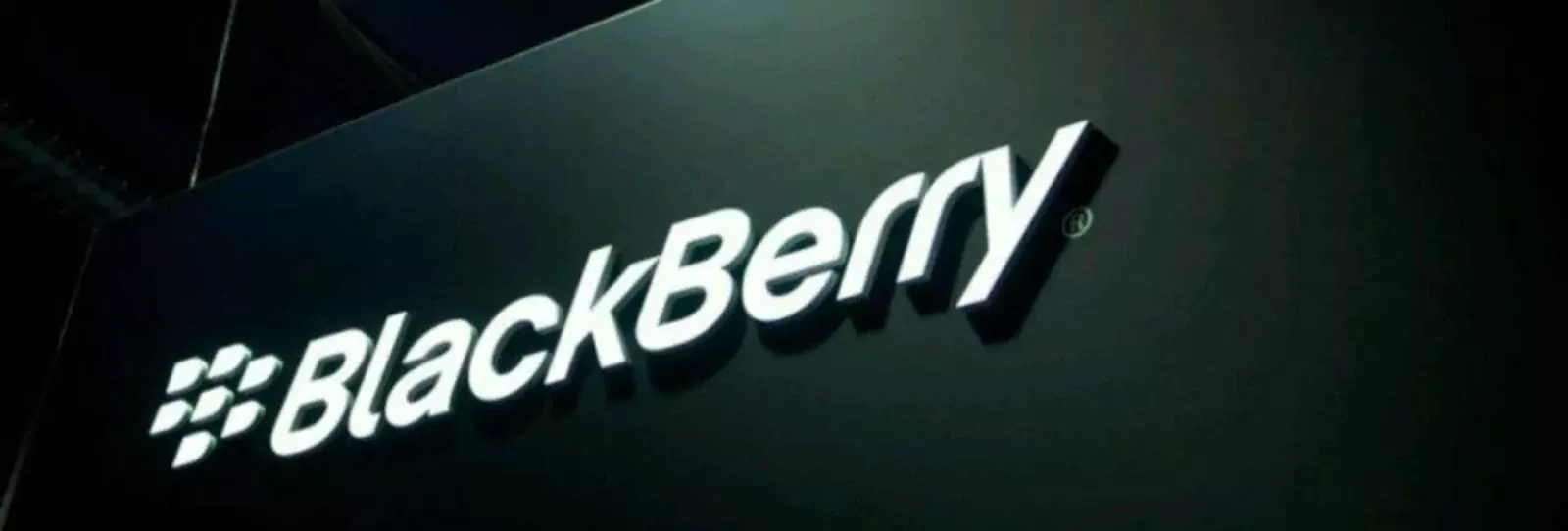The Region of Waterloo has installed an electric vehicle (EV) charging station for public use at its Regional Museum on Huron Road. This is the first of three that the Region will install at public facilities to enable drivers of EVs to top-up their battery range as they get around the community. The second and third Regional installations will be in uptown Waterloo and downtown Cambridge over the next 12 months.
“This is part of a broader initiative to help make Waterloo Region more EV friendly by encouraging the further development of publicly available charging infrastructure,†said David Roewade, Sustainability Planner for the Region.
The new EV charging station on Huron Road is the 11th site in Waterloo Region that has some degree of public availability. Many of these charging stations have restrictions of use such as time of day. Plug Share provides on-line maps of available stations throughout North America for EV drivers needing a top-up charge, including information on any conditions such as hours, fees and power of the charger, which can affect the time it takes to get an EV battery recharged (see the online map at the following website: www.plugshare.com/).
BlackBerry installed a charging station a few years ago for staff and clients at their Columbia Street offices in Waterloo and have opened up its access to the public on evenings and weekends. They also recently donated three charging stations to be allocated throughout the community as part of current efforts to build a coordinated public charging network.
“We are proud to continue contributing to the development of our community and EVs are recognized as a way to help lower air pollution and save people money on gas,†said Jennifer McLaughlin, Environmental Health and Safety Program Manager at BlackBerry.
BlackBerry currently has four EV stations across its campus and recently won the TravelWise Innovation award for its environmental program for employees.
The Region is consulting with other potential station hosts to encourage the development of this charging network and recently established a relationship with Sustainable Waterloo Region (SWR) to reach out to businesses and consumers. Allan Taylor from SWR recognizes the opportunity to help promote the budding EV evolution.
“There is a natural fit for retail outlets and other commercial facilities to provide public charging stations so that their customers may stay longer in the establishments for shopping, dining or seeing a movie,†said Taylor.
Conestoga Mall was the site of the first public EV charging station in Waterloo Region several years ago and more recently, the Cambridge Centre on Hespeler Road installed two charging stations. SWR has also launched a Facebook page and Twitter profile to encourage dialogue amongst current EV owners and potential EV drivers as well as to help inform the development of the local public charging network.
With gas prices regularly over $1.30 per litre, sales of EVs have slowly been rising, with only one plug-in EV registered in Waterloo Region back in the year 2010 and approximately 82 as of May 2014 according to Plug’n Drive, a non-profit organization committed to accelerating the adoption of EVs. Most auto manufacturers have now commercialized an EV model to provide consumers a range of options including fully electric battery or plug-in hybrids which also come with a gas tank. Provincial rebates range from $5,000 to over $8,000, depending on the type of EV that people buy, to help with the initial purchase. The real savings will be realized over the life of the vehicle as fully charging an EV can cost as little as two or three dollars.
It is recognized that with only 7,000 EVs sold in Canada, or less than 0.1 per cent of total automobile sales, this is only part of the sustainability solution.
“Moving towards a more sustainable transportation system includes providing a flexible mix of options for those who can do without their own car by taking advantage of transit, bike lanes, walking routes and carsharing, as well as those who still need a car but could benefit from carpooling or owning an EV,†said Roewade.
While charging an EV still does use energy, the recent closure of the province’s last coal-fired power station means that electricity is significantly cleaner than combusting gas as a fuel for transportation. The Region’s LRT will also be powered by electricity.
The Region’s EV charging station at the Museum costs $1.00 per hour in order to help cover equipment and operation costs. Connecting for the maximum of four hours at this site will provide most EVs with a 50 per cent battery charge – the equivalent of up to 80 kilometres of driving. For a gas-powered car that same distance would cost between $8 and $12. EV charging costs are even cheaper in off-peak overnight hours when most EV owners re-charge their batteries at home while they sleep. The Region’s Community Environmental Fund has also provided Community Carshare and Conrad Grebel College with EV charging stations in recent years.[signoff predefined=”Enjoy this?” icon=”icon-users”][/signoff]



